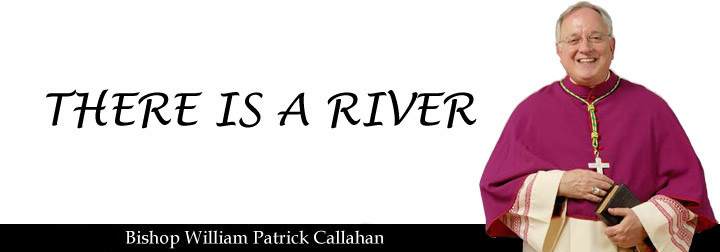Depending how you reckon the time of his birth, folks note that we are celebrating the 830thbirthday of Saint Francis of Assisi. Francis is a very popular saint for many reasons. As a Franciscan, I would hasten to say that his popularity is certainly not centered only on ecological ideals – not by a long shot!
While that may make him universally “acceptable,” what made him a saint was his incredible understanding of the love of God. His understanding was so different from anyone else – he really “got” the Incarnation. This made all the difference in the world. He understood God on God’s terms – God loves us! God became one of us, in Jesus, to show us how much He loves us! Jesus shows us the perfectibility of man as He redeems us and brings us back to unity with our Father. This is what Francis understood; and in his hometown of Assisi, the air is filled with the peace that this understanding imparts to everyone who ever has had the awesome gift of God’s providence to go there.
Twenty-five years ago, in 1986, Blessed John Paul II joined the religious leaders of the world at the tomb of Saint Francis for an amazing gathering of prayer for peace. Last week, our beloved Pope Benedict XVI gathered with 176 religious leaders and people of good will to breathe the air of Assisi and be transformed again by God’s gift of peace that centers on the mystery of Jesus Christ and His humble servant, Francis, who sought to be an instrument of that true peace!
Marking the event that was titled: “Pilgrims of Truth, Pilgrims of Peace,” His Holiness pointed out that in these past 25 years much has changed in the world. John Paul’s gathering took place just before the fall of the Berlin Wall. The pope noted that the forms of violence that have replaced it are different and far more insidious.
“Let us try to identify the new faces of violence and discord more closely,” the Holy Father suggested. “It seems to me that, in broad strokes, we may distinguish two types of the new forms of violence, which are the very antithesis of each other in terms of their motivation and manifest a number of differences in detail.”
The pope spoke of terrorism, a phenomenon in which religion “does not serve peace,” but is “used as justification for violence.” A type of discord in which “everything that had been commonly recognized and sanctioned in international law as the limit of violence is overruled.”
Benedict XVI then turned his attention to another basic type of violence, precisely the opposite of the first. It occurs “as a result of God’s absence, his denial and the loss of humanity which goes hand in hand with it.”
“The denial of God has led to much cruelty and to a degree of violence that knows no bounds, which only becomes possible when man no longer recognizes any criterion or any judge above himself, having only himself to take as a criterion,” the pope observed.
Though mentioning the concentration camps in this regard, he clarified that he would not speak about state-imposed atheism, but rather “about the decline of man, which is accompanied by a change in the spiritual climate that occurs imperceptibly and hence is all the more dangerous.”
These profound reflections made in the city of Assisi continue to give witness to the reality of Francis’ spirit there. It is the true presence of perhaps one of the greatest witnesses to the Incarnation.
Francis, after his conversion, used to walk the streets of Assisi and weep out loud, crying that “Love, was not loved.” This was his simple way of noting the very thing that Pope Benedict and Blessed John Paul have called to our attention in our own day: God loves you … he’d like you to return the favor!
… and I’ll see you at Sunday Mass!
